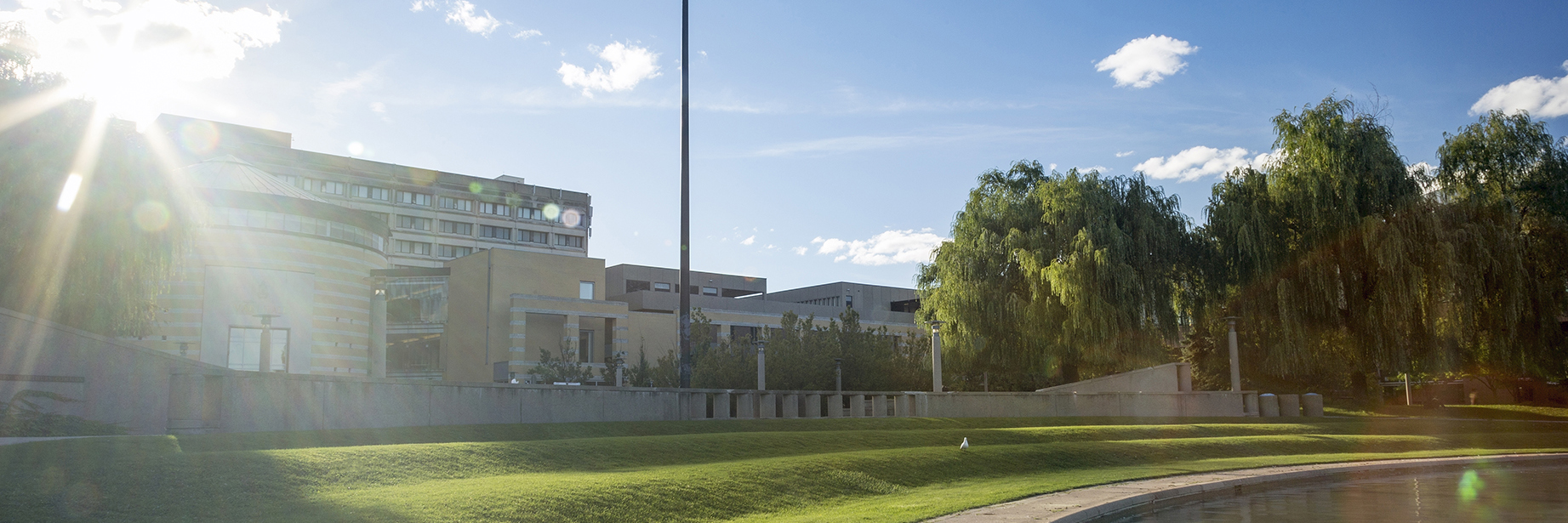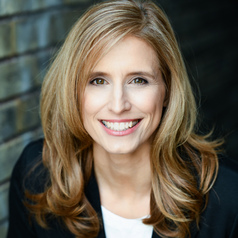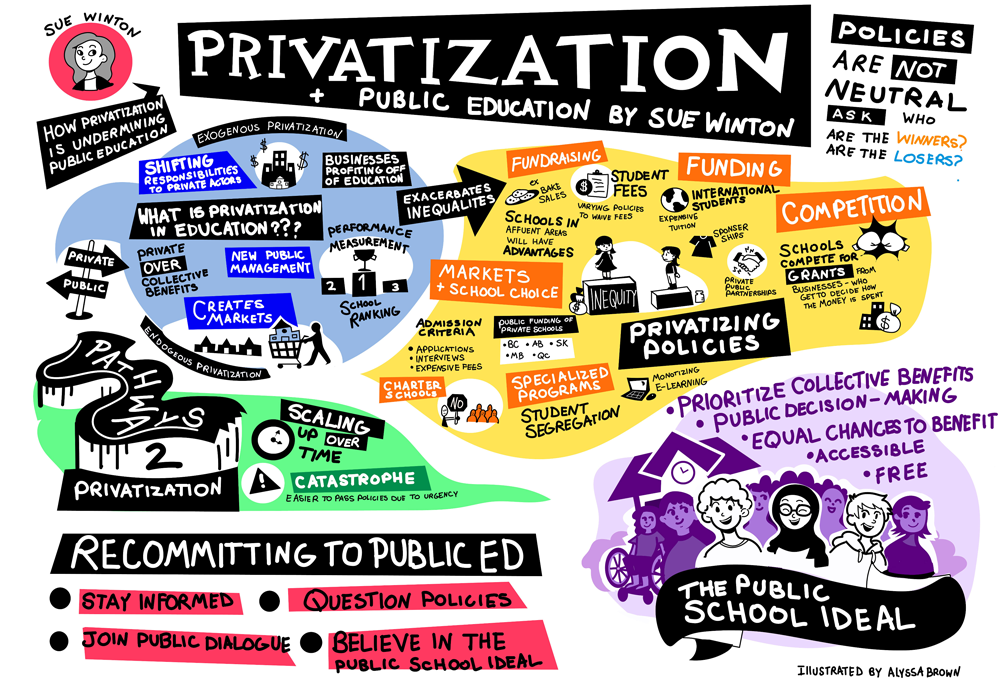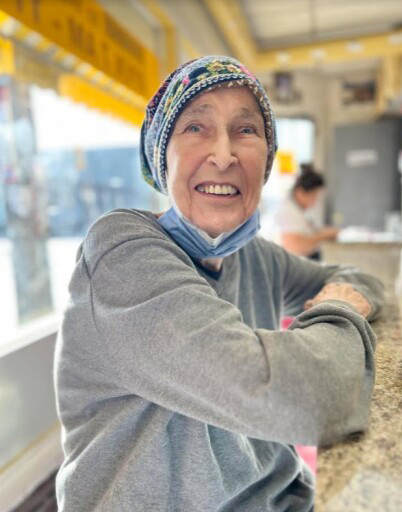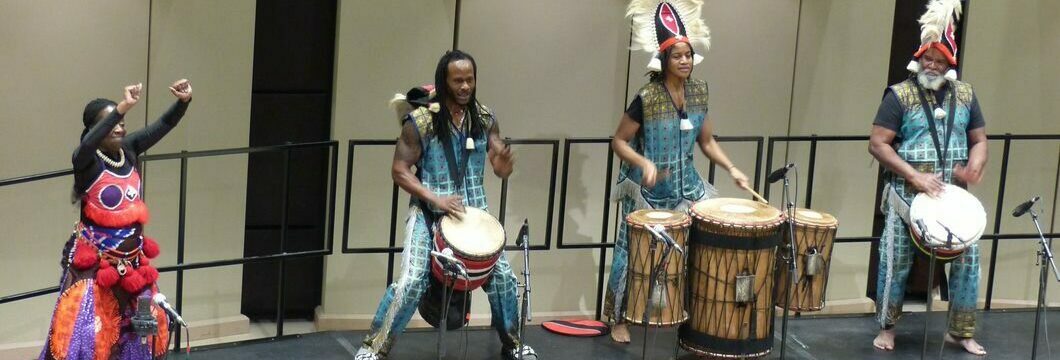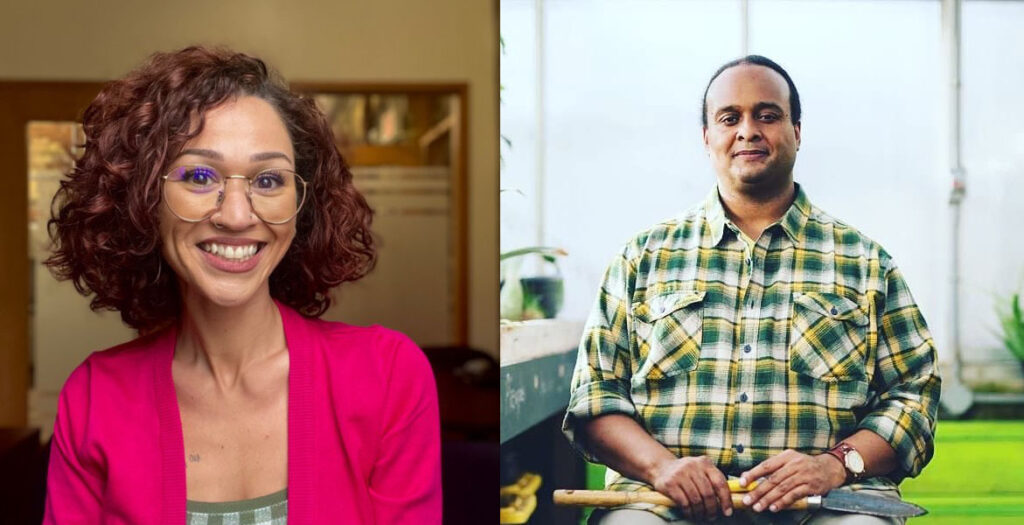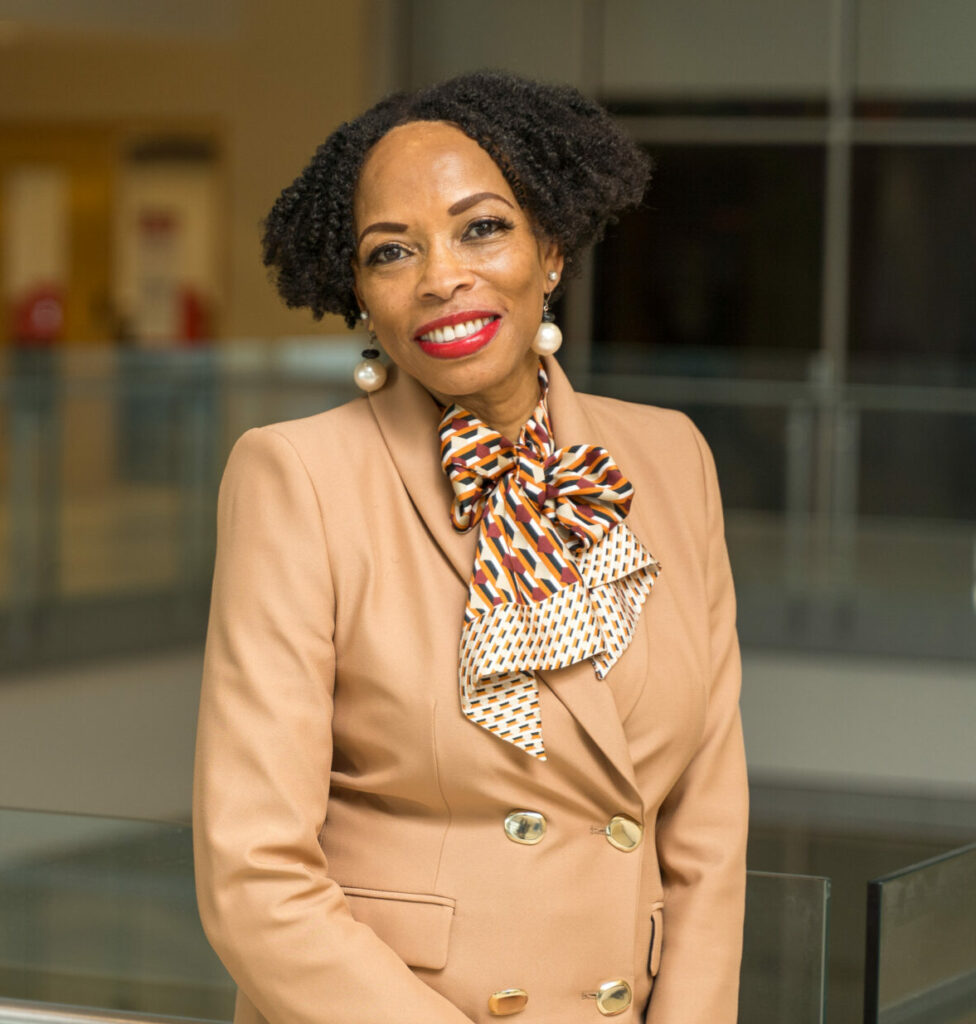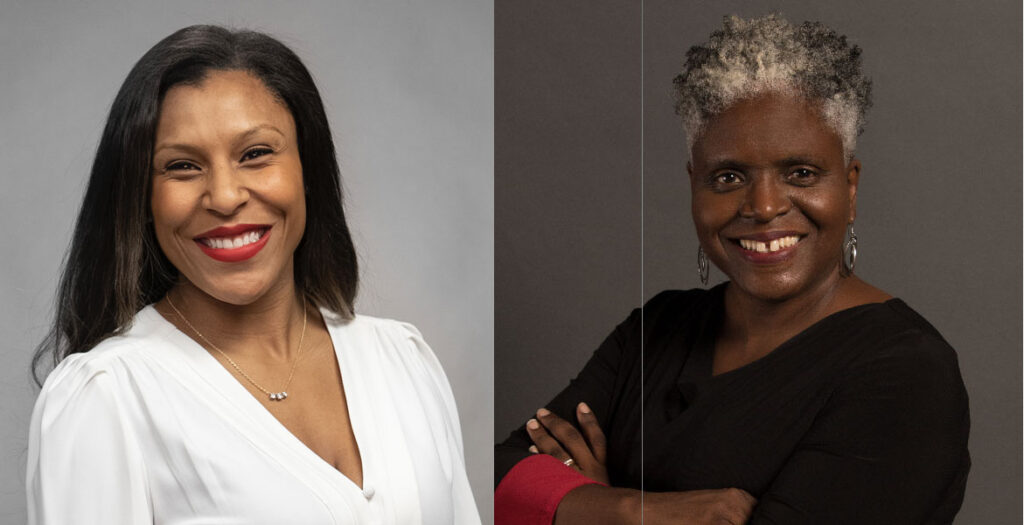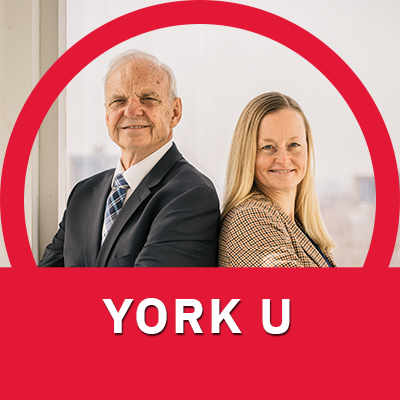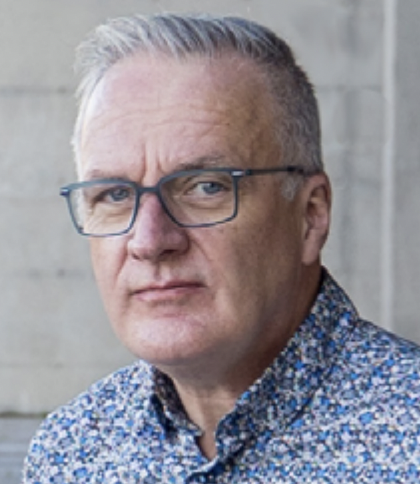By Elaine Smith
As York University’s Faculty of Education moves into its second half century of teaching and research, it has finished building renovations designed to meet the needs of students, staff and faculty for today and the future.
The renovations – which have included making the building more accessible, efficient and welcoming – accentuate the Faculty’s points of pride.
“It’s a modernized look to a building that opened in the 1960s,” said Dean Robert Savage. “We’ve added glass to the corridors so light pours in, and they become cathedral-like, a metaphor for the illumination provided by education, shining light on our values and our scholarship.”
“The renovations show confidence in ourselves as a leading education faculty with a strong research reputation. We’re doing a lot of impactful work on social issues and encouraging people to challenge the status quo.”
In celebrating its 50th anniversary in 2023, the Faculty of Education honoured its milestones through the years, such as establishing the Jean Augustine Chair and the Wüléelham Indigenous-focused programs. With the renovations completed, it looks toward the future.
“The renovations are an extremely good use of our resources,” said Savage. “After COVID, it is so valuable to have physical space that welcomes our community.”
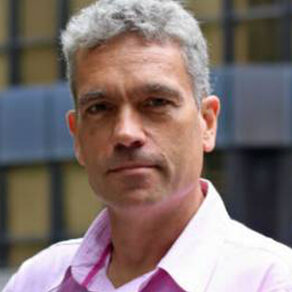
The renovations are the result of a lot of thought and planning. “To ensure it was done correctly, the process started with a space needs analysis in 2018,” says Andrea Torre, executive officer for the Faculty, who managed the project. “Our process was heavily data informed, thoughtful and deliberate. We wanted to provide a supportive and accessible environment for student activities and to also create a cohesive and supportive environment to boost collaboration.”
The analysis identified a number of challenges including impractical traffic flow and the fact that people who work together were spread across different floors, making in-person conversations more difficult.
The Faculty worked with Design Partners in Architecture and Interiors (DPAI) to ensure the recommended improvements could be translated into workable changes to the building. The final plans were dictated by the Faculty’s functional requirements, said Patty Clydesdale, DPAI principal and the project manager, who engaged with as many user groups as possible to determine their needs and wants.
“We wanted to address needs first,” Clydesdale said. “The project’s values and priorities were just as important. The keys were making the building welcoming for students, increasing the Faculty’s visibility in a shared building and providing natural light and views to staff. We also wanted better lighting and acoustics.”
The result is a more student-friendly space. The undergraduate student services have all been consolidated in one area. The teaching assistants have dedicated office and meeting space, and there is a dedicated graduate student area that is accessible 24/7 using key cards.
“The new spaces are well-used,” says Sheetal Prasad, a fourth-year PhD student and co-chair of York Graduate Students in Education (YGSE). “Our grad lounge is the most popular. We have lockers so you don’t need to lug your belongings around, and there’s a kitchenette, a meeting room, a computer lounge and the YGSE office.”
Esther Martinez, a master’s student YGSE co-chair, calls it a place for community. “Some students come to campus just to see their peers. We were even able to have our fall social here” she adds.
The renovations mean the space throughout the building has been optimized and student services are all located side-by-side. The Education Research Centre now occupies a larger, formerly unused basement area. More faculty members’ offices have been created and storage areas have become open meeting spaces. In addition, administrative space has been turned into more research labs for faculty, and classrooms for science instruction have been updated. Plus, locating any of these renovated spaces has become much easier, thanks to an updated navigation scheme that uses signage, icons and Faculty colours.
“The building is a nice balance,” said Clydesdale. “It’s an inviting place to be, a juxtaposition of heritage with of a bit modernization.”
It’s perfect timing for the Faculty of Education which has come a long way since its inception fifty years ago. It’s now the largest undergraduate provider of BA and BEd degrees in Ontario and sits among the top tier of education faculties nationwide.
Savage noted, “It very much represents the next 50 years. We’re very much a Faculty on the move, looking to have an even greater global impact.”




